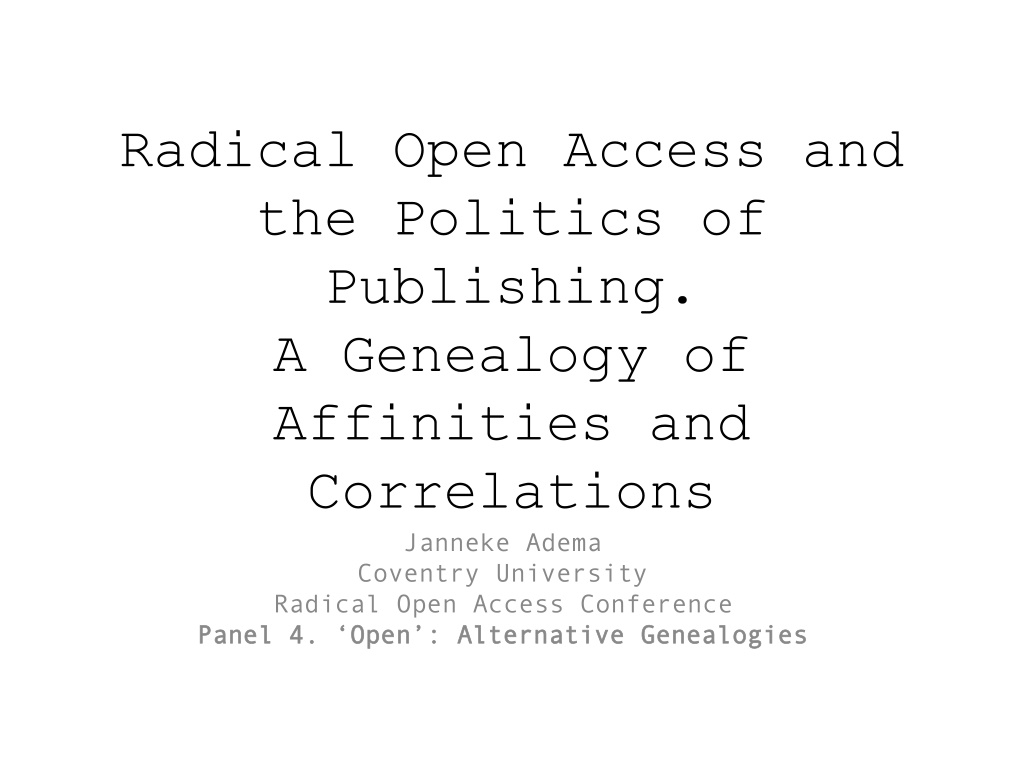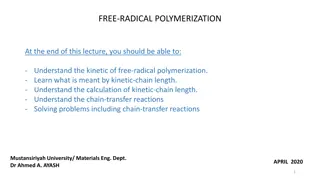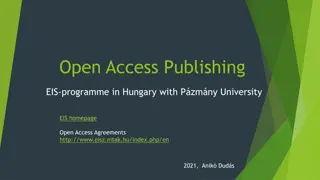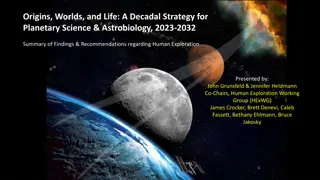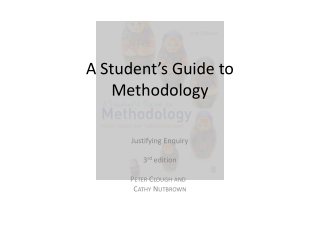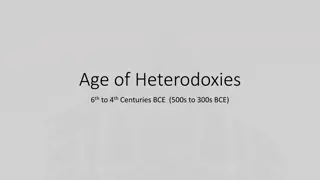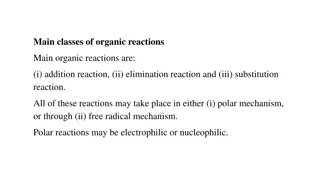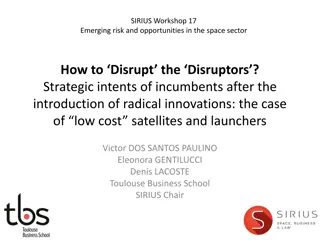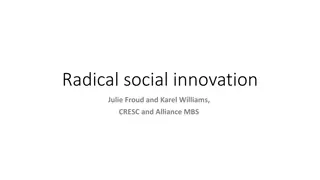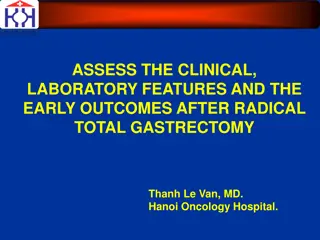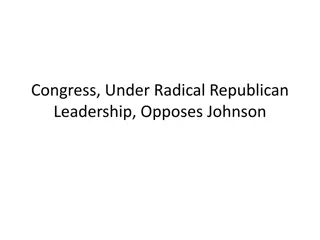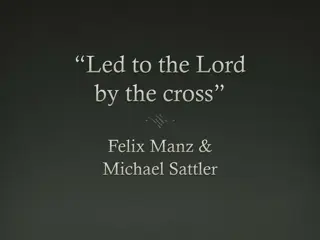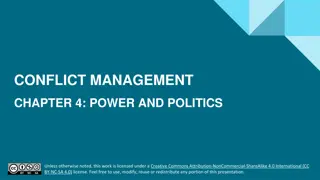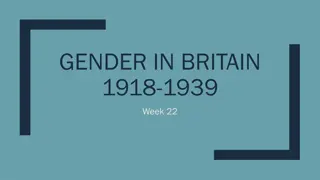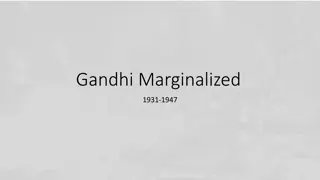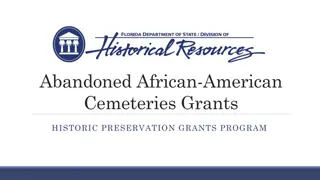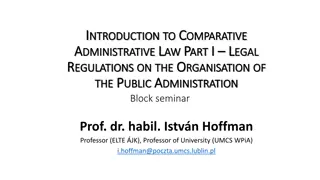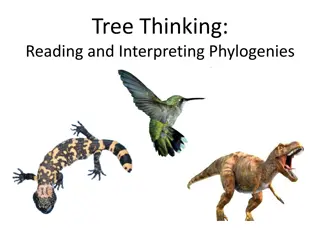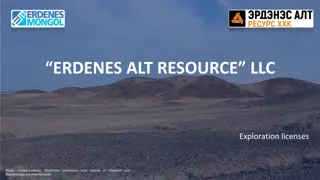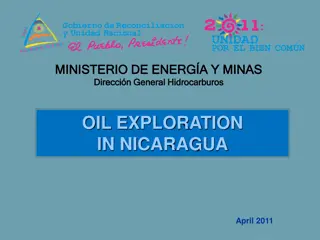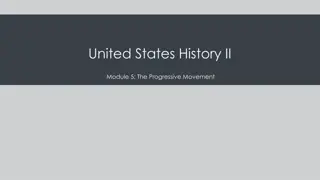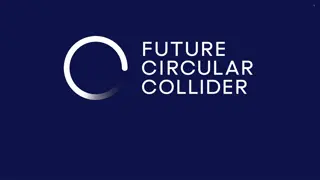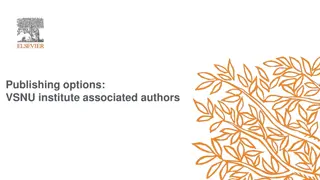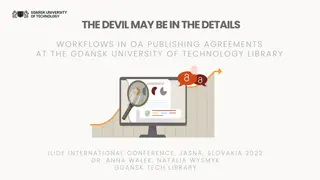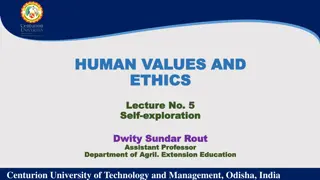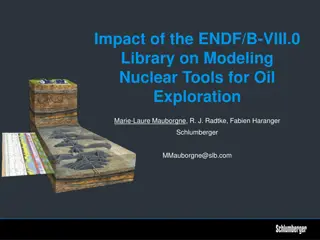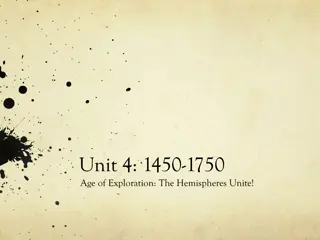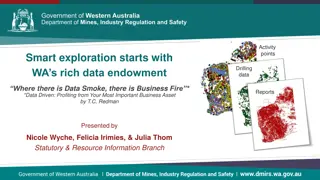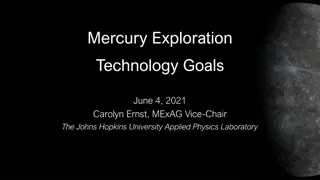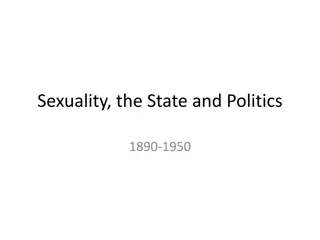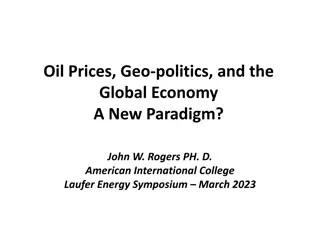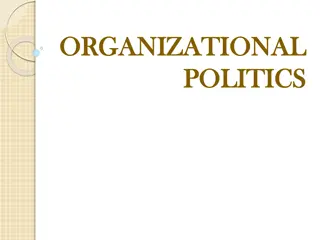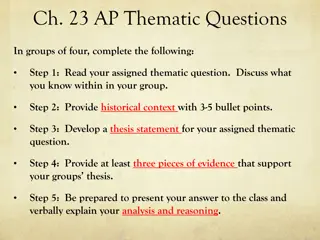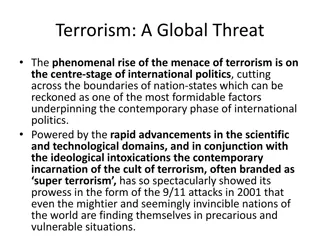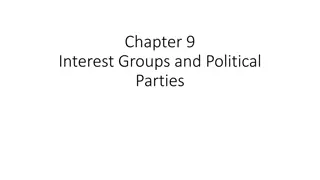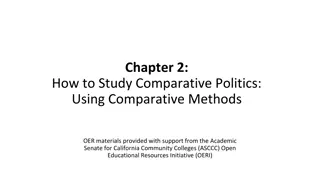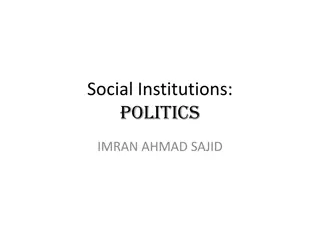The Politics of Radical Open Access Publishing: A Genealogical Exploration
Exploring the intersections of radical open access publishing, secrecy, authorship, dissemination, and experimentation through a genealogical lens. Key figures like Janneke Adema and Gary Hall are discussed, along with the political nature of books. The importance of openness and conversation in intellectual communities is highlighted.
Uploaded on Sep 19, 2024 | 0 Views
Download Presentation

Please find below an Image/Link to download the presentation.
The content on the website is provided AS IS for your information and personal use only. It may not be sold, licensed, or shared on other websites without obtaining consent from the author. Download presentation by click this link. If you encounter any issues during the download, it is possible that the publisher has removed the file from their server.
E N D
Presentation Transcript
Radical Open Access and the Politics of Publishing. A Genealogy of Affinities and Correlations Janneke Adema Coventry University Radical Open Access Conference Panel 4. Panel 4. Open : Alternative Genealogies Open : Alternative Genealogies
Open Access Secrecy Access Dissemination Experimentation Politics and Ethics
Pamela Long, Openness, Secrecy, Authorship: Technical Arts and the Culture of Knowledge from Antiquity to the Renaissance (Baltimore: The Johns Hopkins University Press, 2001).
Janneke Adema and Gary Hall, The Political Nature of the Book: On Artists Books and Radical Open Access , New Formations 78 (1) (2013) 138 156. http://ow.ly/OdpoC
Ted Striphas and Mark Hayward. Working Papers in Cultural Studies, or, the Virtues of Grey Literature. New formations: a journal of culture/theory/politics. Vol. 78 (2013), pp. 102-116.
Stuart Hall We did not think of these as necessarily finished products. We wanted to publicize the work we were doing to any other intellectual communities that might have been interested (without knowing who they were necessarily) and to a wider public. And we wanted to know who was interested, and to converse with them.
Guerilla Open Access Meanwhile, those who have been locked out are not standing idly by. You have been sneaking through holes and climbing over fences, liberating the information locked up by the publishers and sharing them with your friends. But all of this action goes on in the dark, hidden underground. It's called stealing or piracy, as if sharing a wealth of knowledge were the moral equivalent of plundering a ship and murdering its crew. But sharing isn't immoral it's a moral imperative. Only those blinded by greed would refuse to let a friend make a copy.
